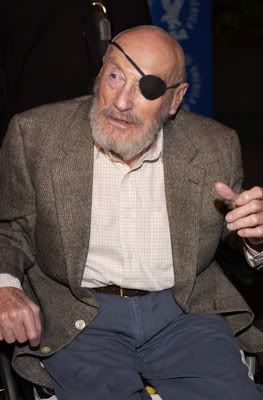
Don't act it on the screen, live it!
Filmography
Toprini nász (Wedding in Toprin)* (1939)
Toprini nász (The Five-Forty)* (1939)
Két lány az utcán* (1939)
Hat hét boldogság* (1939)
Semmelweis* (1940)
Passport to Suez (1943)
None Shall Escape (1944)
Dark Waters(1944) Image Entertainment (R1)
Ramrod (1947) Suevia (R2 ES)
The Other Love (1947) Suevia (R2 ES)
Pitfall (1948)
Slattery's Hurricane (1949)
Man in the Saddle (1951) Columbia (R1)
Carson City (1952)
Springfield Rifle (1952) Warner Brothers (R1) also included in Gary Cooper: The Signature Collection
Last of the Comanches (1953)
House of Wax (1953) Warner Brothers (R1) as double feature with Mystery of the Wax Museum (1933)
The Stranger Wore a Gun (1953) Sony (R1)
Thunder Over the Plains (1953) Warner Brothers (R1) included in Randolph Scott Triple Feature
Crime Wave (1954) Warner brothers (R1) as double-feature with Decoy included in Film Noir Classic Collection, Vol. 4
Riding Shotgun (1954) Warner Brothers (R1) included in Randolph Scott Triple Feature
Tanganyika (1954)
The Bounty Hunter (1954)
The Indian Fighter (1955) MGM (R1)
Monkey on My Back (1957) MGM (R1)
Hidden Fear (1957)
Bronco (TV series, 1958)
The Two-Headed Spy (1958)
Day of the Outlaw (1959) MGM (R1)
Bourbon Street Beat (TV series, 1959)
Hawaiian Eye (TV episode Beach Boy, 1959)
77 Sunset Strip (TV episode The Texas Doll, 1959)
Maverick (TV episode Cruise of the Cynthia B, 1960)
Man on a String (1960)
The Westener (2 TV episodes The Old Man and School Days, 1960)
Morgan il pirata (Morgan, the Pirate) (1961)
I Mongoli (The Mongols) (1961)
Oro per i Cesari (Gold for the Caesars) (1963)
Play Dirty (1968) MGM (R1)
Terror Night (Bloody Movie) (1987) Image Entertainment (R1)
* signed as Tóth Endre
Forum Discussions
André De Toth has not been discussed to any great extent in the forum. There are brief mentions of his work in some threads, amongst other the '50s list discussion thread.
Web Resources
Chicago Reader
Classic Film and Television
Director's Guild of America -- obituary by Richard Schickel
Director's Guild of America 2 -- obituary by Martin Scorsese
Senses of Cinema -- interview with Toth
Senses of Cinema -- tribute to Toth
Books
De Toth on De Toth by André De Toth, ed. by Anthony Slide (Faber & Faber, 1997)
Fragments: Portraits from the Inside by André De Toth (Faber & Faber, 1996)